
Join 10k+ people to get notified about new posts, news and tips.
Do not worry we don't spam!
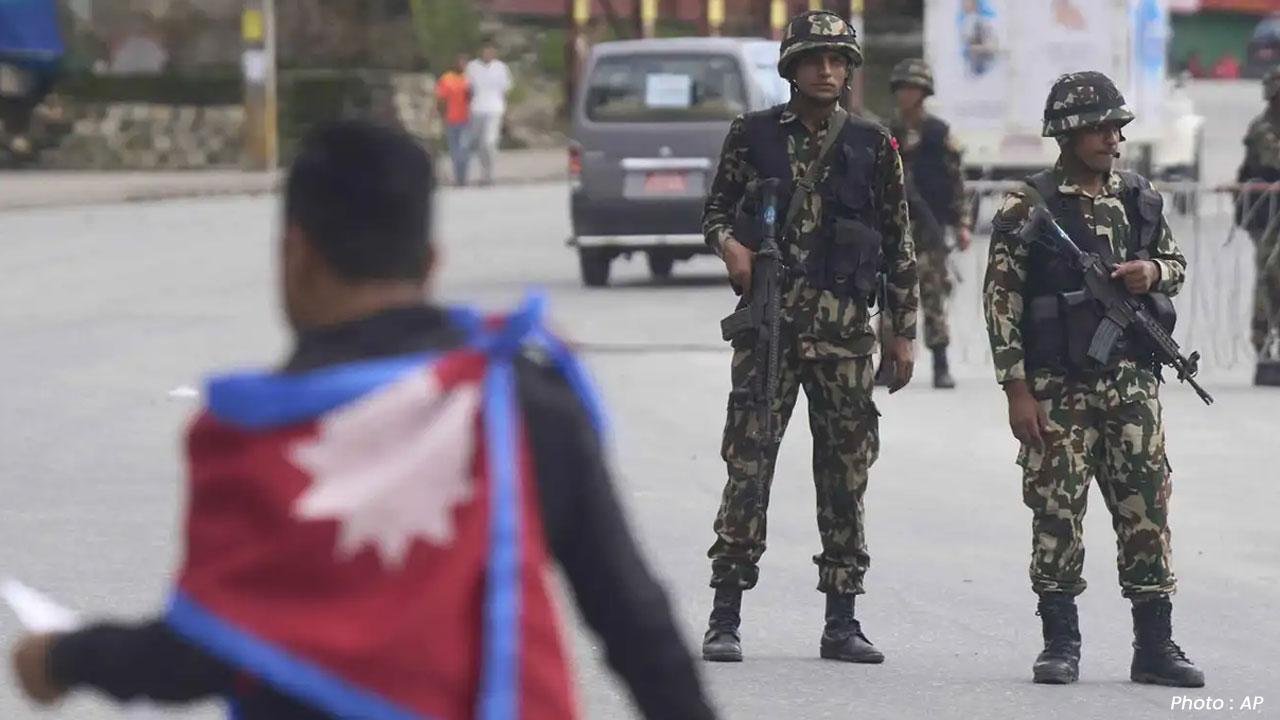
Post by : Raman
KATHMANDU: Nepal has taken a major step toward restoring political stability after a week of violent protests shook the country. On Friday, the President’s office announced that the nation’s parliament had been dissolved, and elections are now scheduled for March 5, 2026. This decision follows the appointment of Nepal’s former chief justice, Sushila Karki, as the interim prime minister to lead the country through a six-month transition.
The announcement came after days of unrest in Nepal’s capital, Kathmandu, and other parts of the country. Widespread protests had erupted in response to corruption, poor governance, and a social media ban, leaving at least 51 people dead. The demonstrations, largely led by young activists from Generation Z, turned violent, with several government buildings, parliament, and even a Hilton Hotel set on fire.
Sushila Karki Sworn In as Interim Prime Minister
Sushila Karki, 73, Nepal’s first woman chief justice, was sworn in as the interim prime minister in a small ceremony at the presidential palace. The ceremony was attended by diplomats and former leaders. President Ram Chandra Paudel congratulated Karki, saying, “We wish her success and hope for the success of the country.”
During the ceremony, Karki, dressed in a red sari, took the oath in the name of the country and the people. She promised to fulfill her duties and lead the nation toward elections. While she did not give a public speech, her presence marked the end of a power vacuum that had left Nepal in political chaos.
The appointment of Karki, a respected judge known for her independence, comes after intense negotiations involving the army chief, General Ashok Raj Sigdel, the President, and representatives of the youth protest movement. Young activists, who had used online platforms like Discord to organize and debate, played a key role in supporting Karki as the choice for interim leadership.
Restoring Order After Protests
The protests were driven by long-standing frustration among young Nepalese over corruption, slow economic growth, and rising unemployment. About 20% of people aged 15-24 are unemployed, and the country’s GDP per capita is only $1,447, according to the World Bank.
The demonstrations began peacefully but escalated after a government ban on social media platforms like Facebook and YouTube. This ban was seen by many as a direct attack on freedom of speech. The protests intensified when hundreds of agitators clashed with security forces, resulting in a police crackdown. On Monday alone, at least 21 protesters were killed.
In the chaos, parliament, government buildings, and hotels were set ablaze. Former Prime Minister KP Sharma Oli, 73, resigned and went into hiding. During the unrest, more than 12,500 prisoners escaped from jails across the country, creating further security challenges. However, the Nepal Army has now regained control of the streets and recovered over 100 looted firearms. Soldiers continue to patrol the capital, ensuring safety and order.
Public Reactions and Hope for Change
For ordinary citizens of Kathmandu, the recent events were frightening. Many stayed locked inside their homes for days, afraid of the violence in the streets. Naveen Kumar Das, a painter-decorator in his 40s, said, “I was very afraid and stayed locked inside my home with family. I didn’t leave for days.”
Now, with the curfew lifted and Karki appointed as interim prime minister, people are cautiously hopeful. Young protesters who participated in the movement, such as James Karki, 24, expressed optimism about the future. “We started this movement so we could make a better Nepal,” he said.
The international community, including neighboring India, has welcomed the formation of the interim government. New Delhi’s foreign ministry stated that they hope the new leadership will foster peace and stability in the region.
Looking Ahead: Elections and National Rebuilding
The interim government has a clear task ahead: prepare the country for parliamentary elections on March 5, 2026. The next six months will be critical for ensuring political stability, rebuilding trust in government institutions, and addressing the social and economic concerns that fueled the protests.
Sushila Karki’s leadership will be closely watched by citizens, youth activists, and the international community alike. Her experience as Nepal’s first woman chief justice brings hope for an impartial and transparent transition. The key challenge will be to balance security, governance, and citizen engagement, while preventing further unrest.
In summary, Nepal stands at a crucial turning point. The appointment of Karki as interim prime minister, the restoration of law and order, and the announcement of elections are steps toward recovery. Citizens and activists alike are hoping for meaningful reforms, greater transparency, and a political system that serves the people.
For now, the nation breathes a cautious sigh of relief, as it prepares to move forward from one of the most turbulent periods in its recent history. The world watches closely as Nepal works to create a better future for its 30 million people.
Nepal, Sushila Karki, Interim Prime Minister, 2026 Elections, Kathmandu News, Nepal Politics
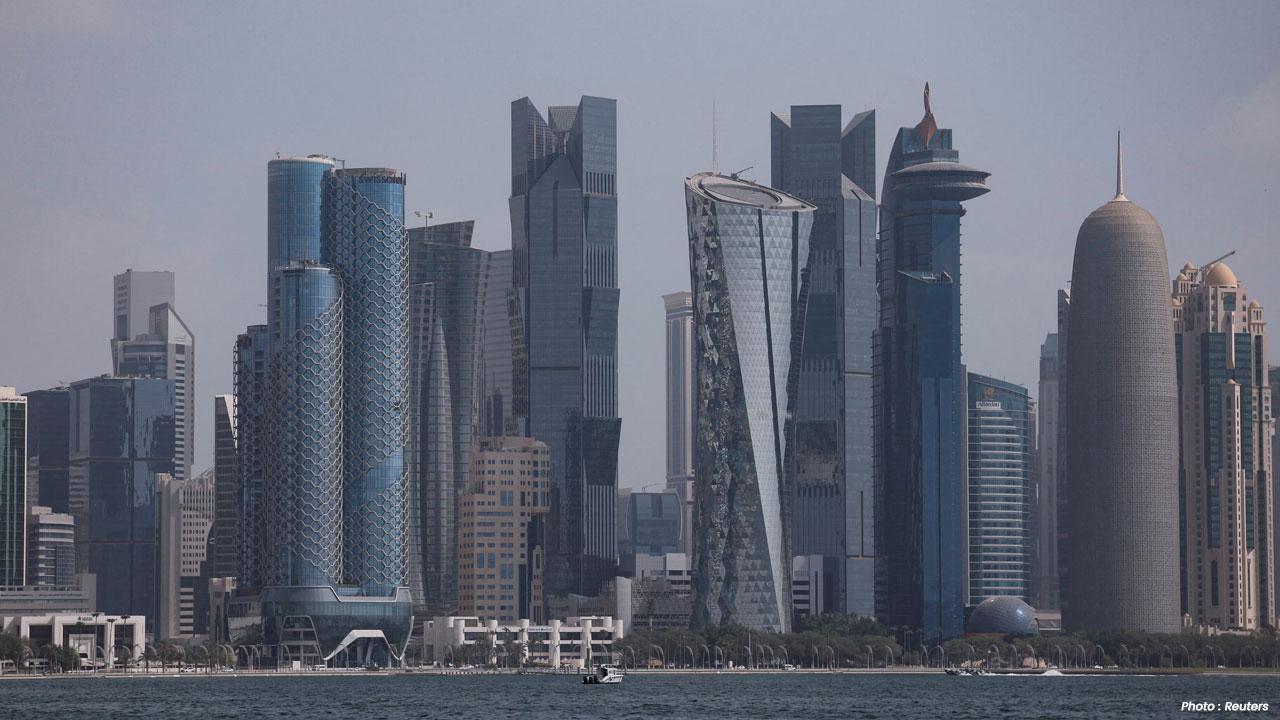
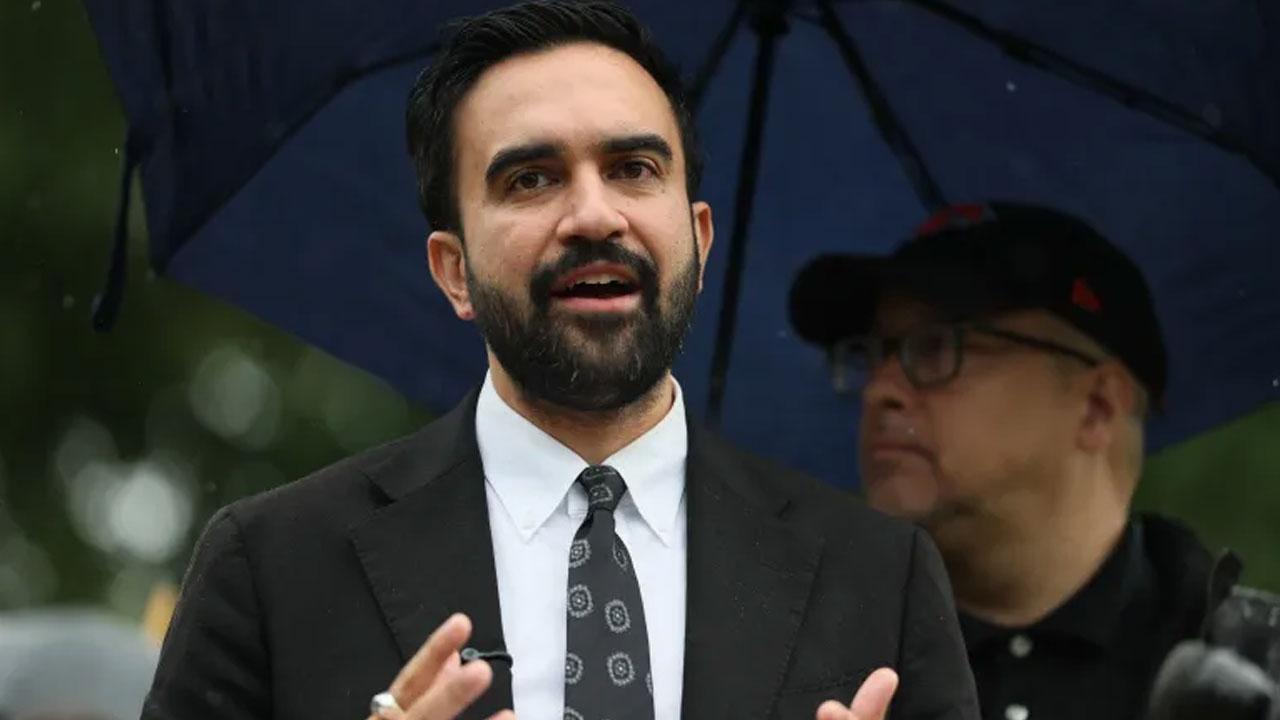

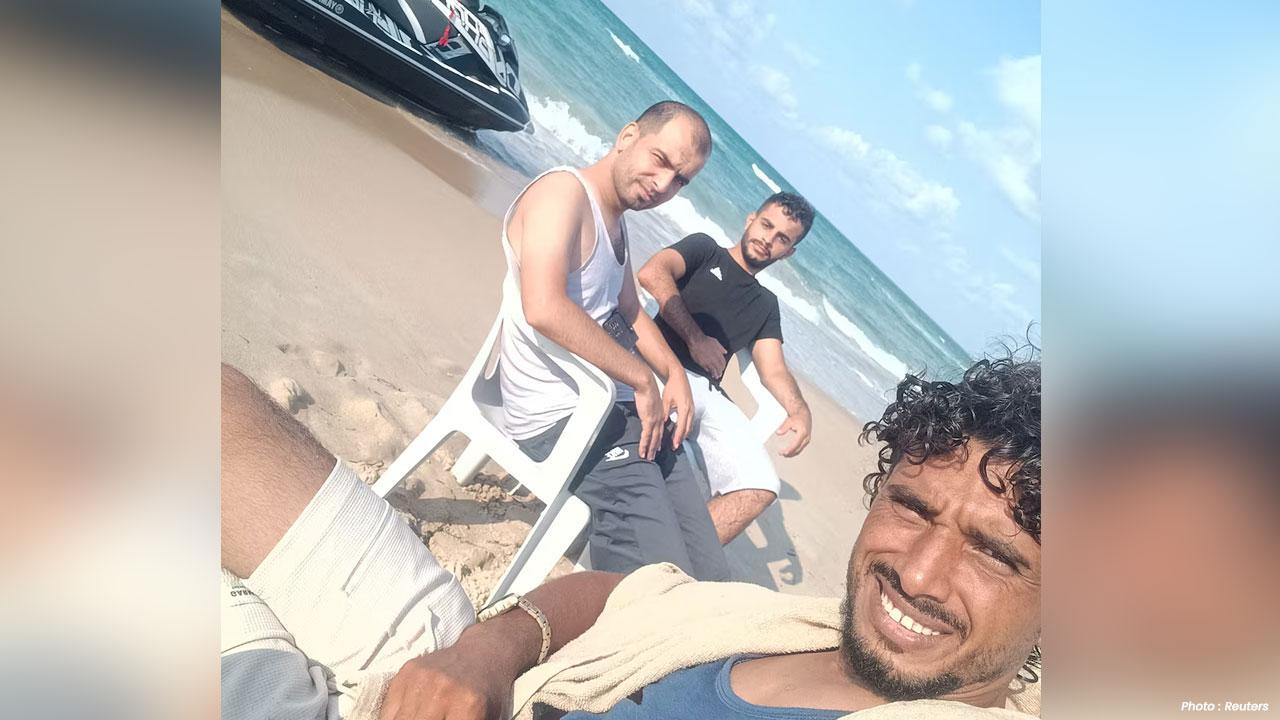


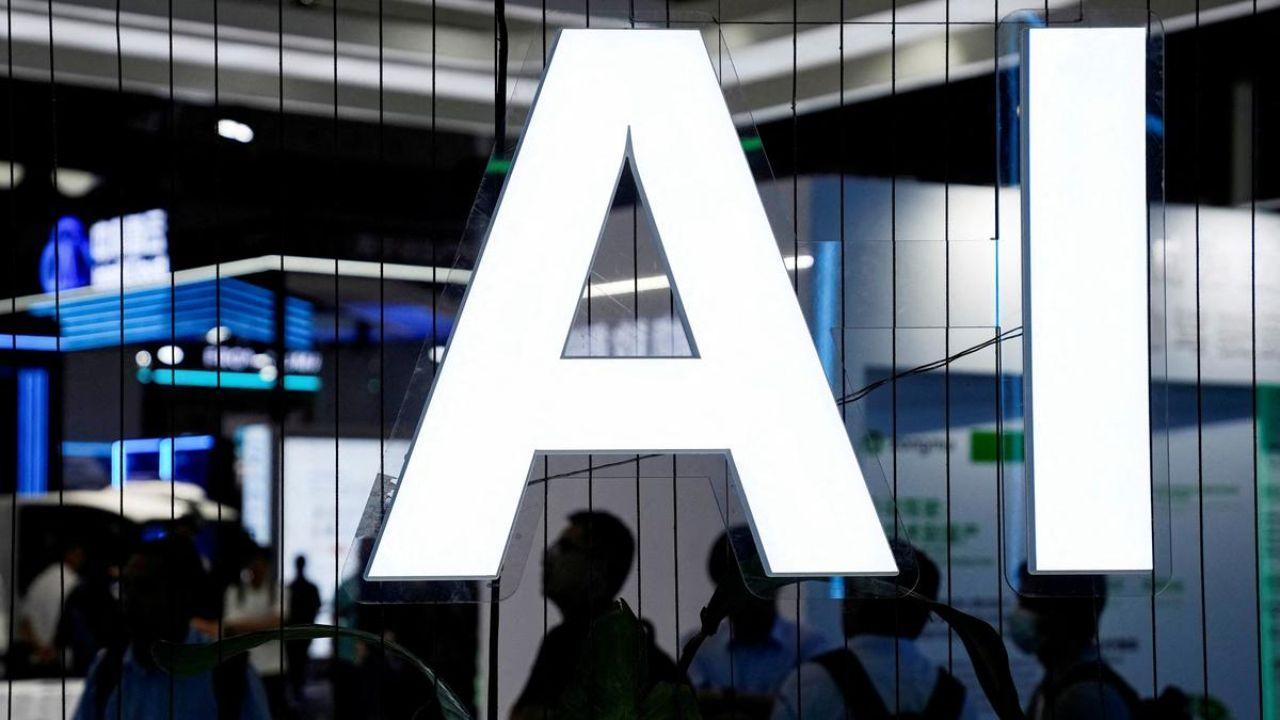

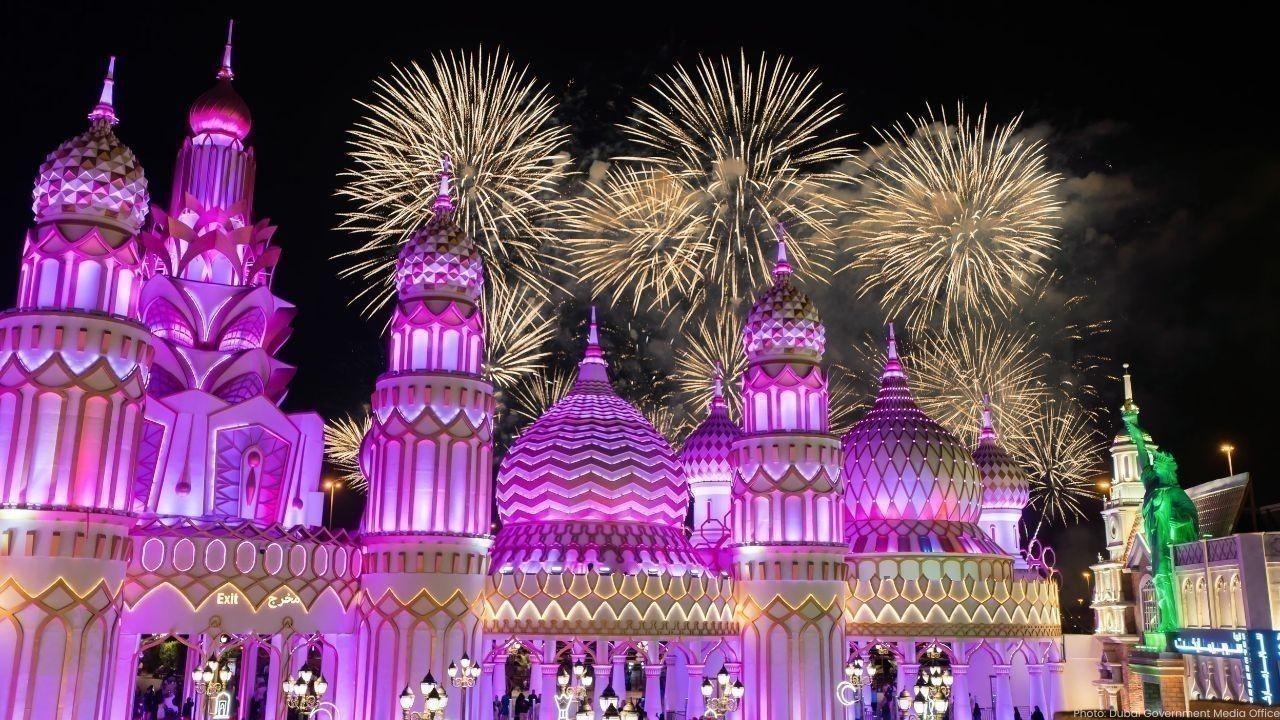

Lily Collins Shines in Glamorous Calvin Klein Look at New York Fashion Week
Lily Collins stuns at NY Fashion Week in a sparkling Calvin Klein co-ord set, blending elegance, gla

Lippo Di Carrara wins UAE President’s Cup Derby at Doncaster
Lippo De Carrere shines at Doncaster, winning the UAE President’s Cup UK Arabian Derby, the richest

Jaismine Lamboria Wins World Boxing Gold for India
India’s Jaismine Lamboria claimed World Boxing gold, while Nupur Sheoran earned silver and Pooja Ran
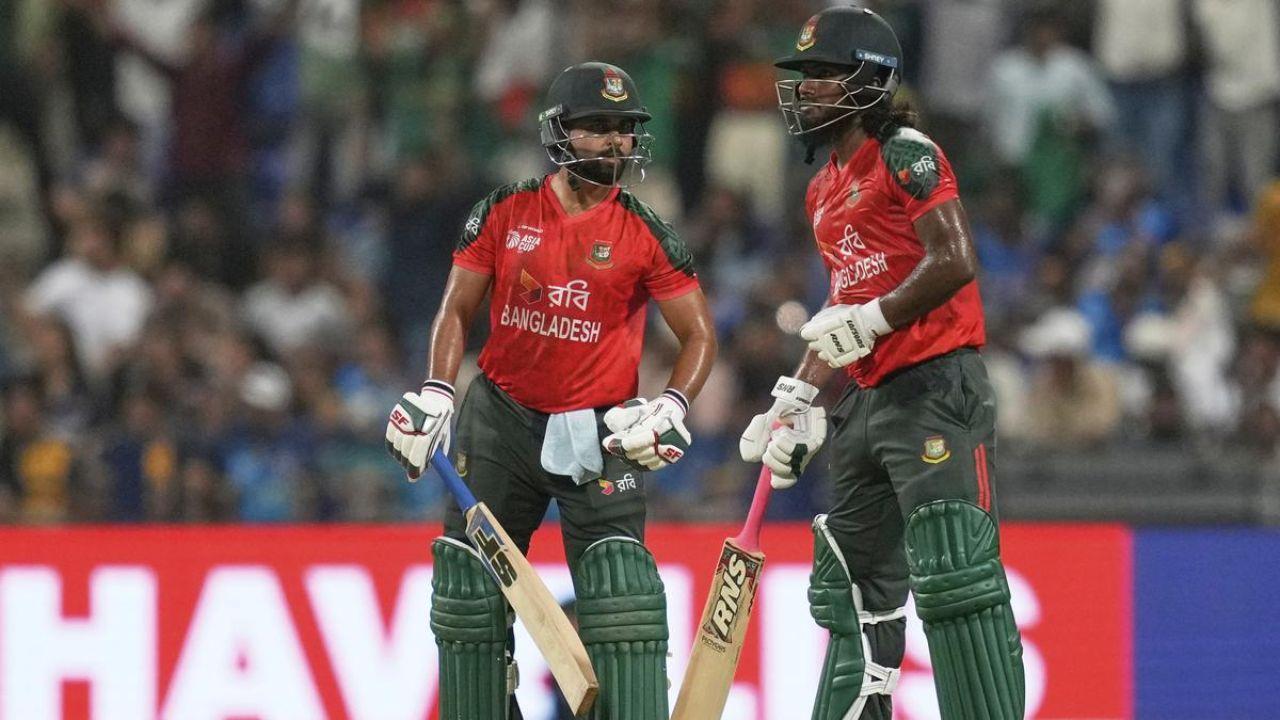
Sri Lanka beat Bangladesh by 6 wickets in Asia Cup 2025 opener
Sri Lanka started their Asia Cup 2025 campaign with a six-wicket win over Bangladesh, powered by Nis
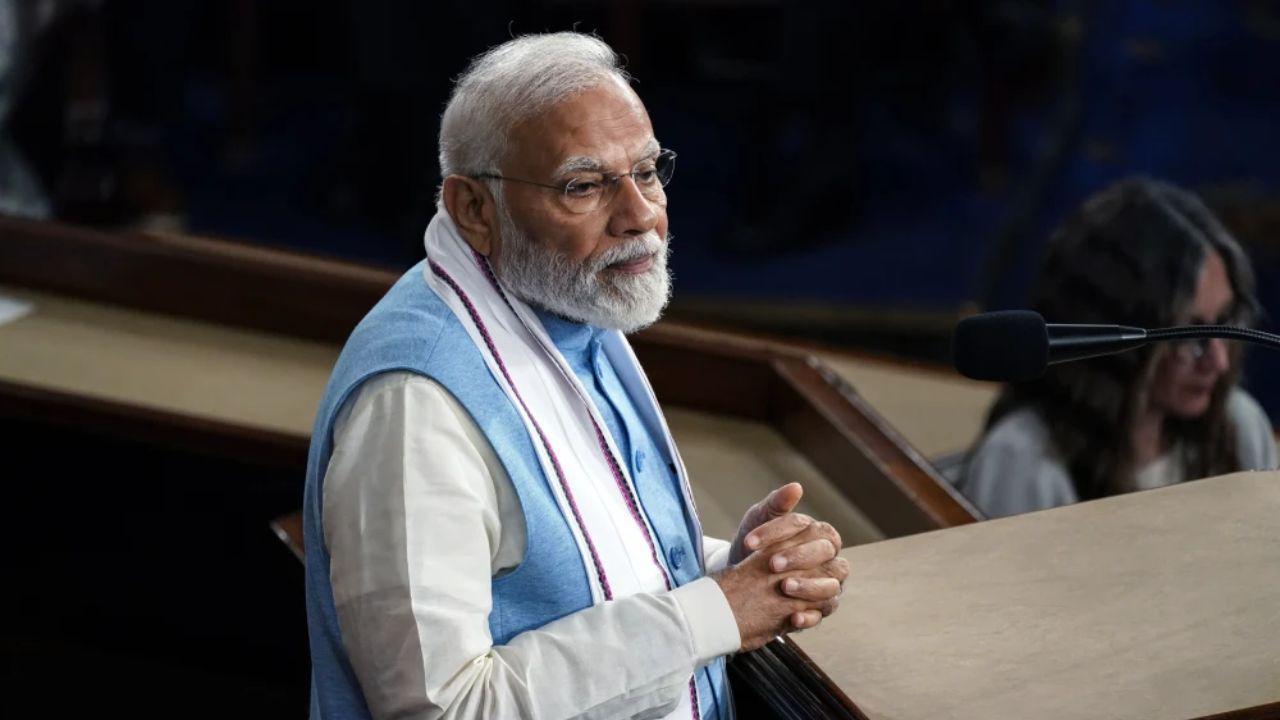
PM Modi Lays ₹6,300 Crore Projects in Assam Criticizes Congress
PM Modi accuses Congress of backing infiltrators, lays ₹6,300 crore health and infrastructure projec
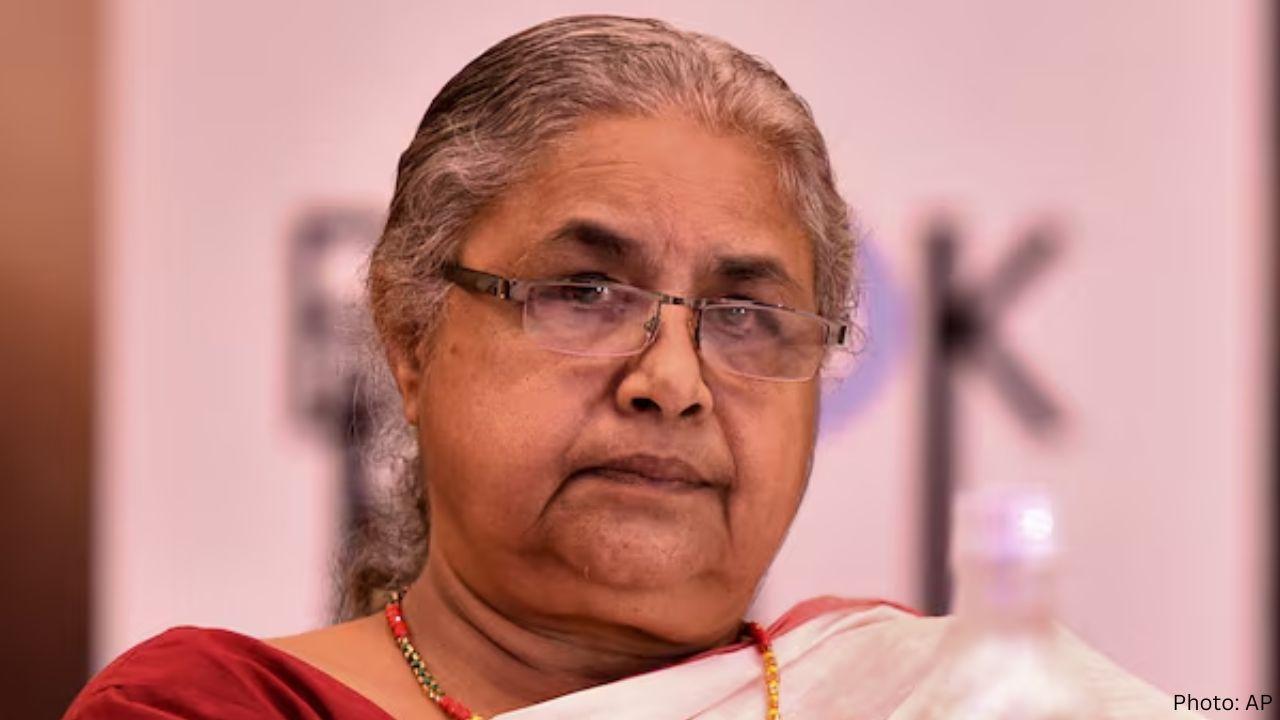
Sushila Karki Becomes Nepal’s First Woman Prime Minister
Eminent jurist Sushila Karki, 73, becomes Nepal’s first woman prime minister after Gen Z protests to